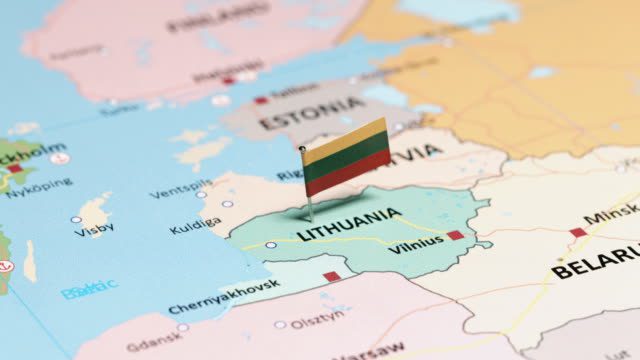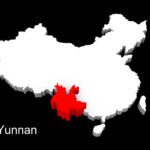Including This Report in the State of Family Project
While this report predates the official launch of the State of Family Project by Marriage and Family Review (MFR), we’re excited to include it on our interactive map. Here’s why:
-
Alignment with Project Goals: This report, published by MFR, delves into a key aspect of family life, echoing the project’s aim to provide comprehensive insights into contemporary families. Its inclusion enriches the project’s scope and historical context.
-
Honoring MFR’s Legacy: MFR has a long and distinguished history of publishing research on families. Including this report pays homage to that legacy and acknowledges the significant contributions MFR has made to the field.
-
Valuable Knowledge: Regardless of publication date, the report offers valuable knowledge and insights that resonate with the project’s goals. Sharing it on the map ensures wider accessibility and fosters meaningful conversations about families.
We encourage you to explore the report’s abstract and the full article linked below.

Trakai, Lithuania – August 8, 2015: People walk down a dirt path on a summer afternoon in Trakai, Lithuania. The town, best known for its picturesque red-brick castle (not pictured), is located 28 kilometers from Vilnius.
Abstract
In Lithuania, family studies developed along the lines of family studies in the former USSR. Family sociology in the former USSR had some important features. First of all, family sociology developed within the limits of the theory of historical materialism, which is now called a general sociological theory in the Soviet tradition, and merely the Marxist approach in the West. At the same time, it can be observed that family theory was highly influenced by structural functionalism, which maintains that any major social institution must ensure the well-being not only of individuals, but also of the society upon which those individuals depend. This corresponded to communist ideology, where society’s needs were dominant, and in this way, it was very suitable for family theory. At the same time, it could not be said that family sociology was, to some extent, a compiled science. Of course, the strict obligation to follow Marxist-Leninist methodological principles created a close framework for the development of theory, especially macro-level theory, and at the same time promoted the development of family sociology on the micro-level. However, when analyzing theoretical and empirical works, it clearly emerges that all of them have been made under the deep influence of the traditional concept of “the family,” that is, family ideology, and have been directed toward the preservation and reinforcement of a given situation.
https://doi.org/10.1300/J002v22n03_02
By incorporating this report, we demonstrate the State of Family Project’s commitment to comprehensiveness, historical awareness, and the pursuit of knowledge that benefits families and communities.
This report was authored by: Alina Zvinkliene






